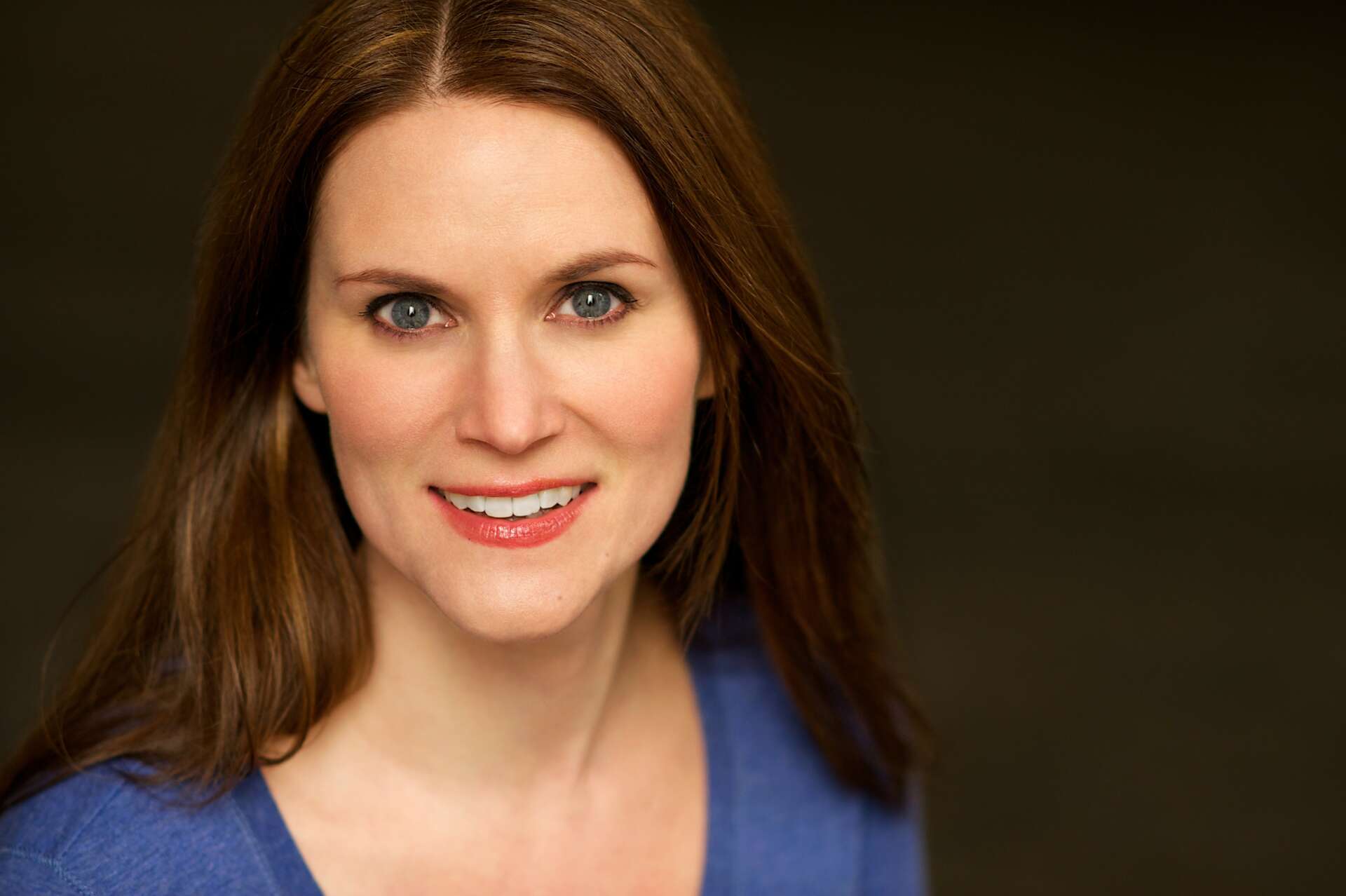We recently connected with Eli Sibley and have shared our conversation below.
Awesome – so before we get into the rest of our questions, can you briefly introduce yourself to our readers.
I’m an Alexander Technique teacher and a theatre practitioner and educator. With an MFA in acting and two body/movement certifications, my current chosen path is that of a teacher, though I do, on occasion, still act/choreograph/direct/write/produce. What am I saying, every chance I get, I still do those things, though it’s easier to pursue teaching. Kind of.
I’m a nerd for the Alexander Technique, which is a somatic technique that gives students the tools to learn about their physical habits that may be hindering the best use of their bodies. I learned it in an acting conservatory as a way to open up the body, release the stress and tension within, to help the actor express themselves. But it’s really an educational system for anyone. Anyone who carries patterns in the body that keep it from working as a unit efficiently and effectively.
In my private practice, therefore, I’ve taught all kinds of people and bodies, from kayak guides to forensic psychologists. From active weight lifters to people who sit for long periods in their car or at a desk. I also teach group classes to the general population and whether or not a person continues their practice, they always leave with an experience of more ease and choice to do something different with their body than what they’re used to doing. It’s truly satisfying. In most people, I see a change and an understanding. And I learned early on that no teacher is for everyone and I’m happy to reach the population that I do.
However, my heart still resides with theatre so I try to do what I was taught, and give actors the gift of expression with not only the Alexander Technique but also Laban Movement Analysis, of which I’m also certified, and the myriad of other techniques one learns as a student of acting. I’ve been lucky to work with local theatre companies doing choreography, movement coaching, and teaching workshops, one of which is the Guthrie Theater.
When the pandemic hit, my private studio shut down and my regular students didn’t return afterwards. With my skills I turned to teaching acting to kids. I now do residencies in neighborhood elementary schools bringing theatre to their curriculum. I never thought I had the temperament for children but here I am. My love of movement and theatre has taken me on a wind-y path. It brings me such joy and I can’t believe I get to work in my chosen industry on several aspects. I don’t really act anymore and sometimes, I ask myself if I miss it. But when I’m in front of a group of people and someone realizes that they hold their breath or that their feet don’t really touch the ground or an actor releases somewhere and a flood of emotion in their character breaks through, that’s the money to me, that’s the gold nugget. I am trying my hand at directing, hoping to give actors a sense of that in the rehearsal process. Here’s hoping!
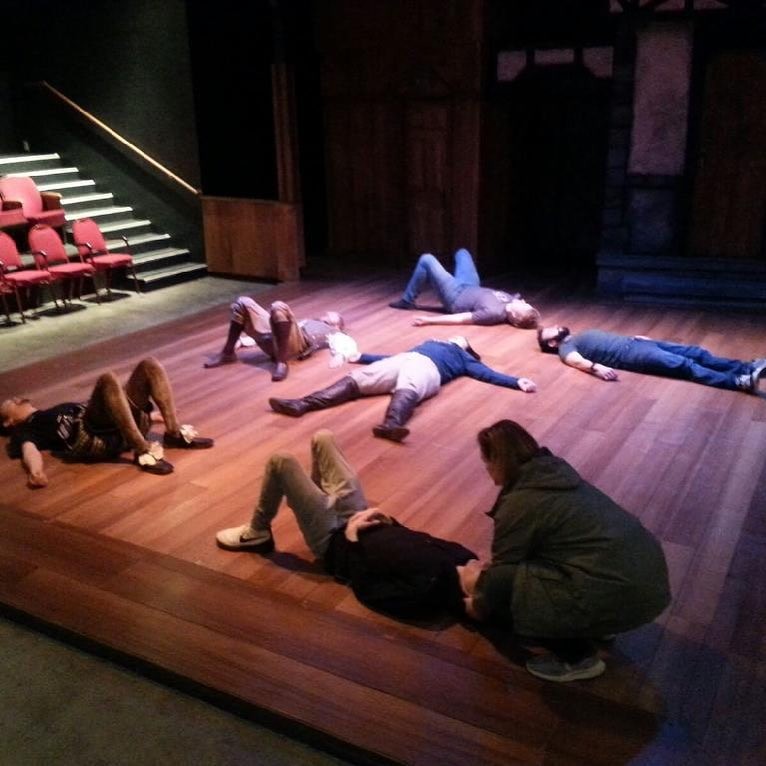
What’s the most rewarding aspect of being a creative in your experience?
The most rewarding aspect of any of the varying facets of what I do is connecting with people. Theatre and teaching are inherently collaborative. I can’t do any of the things I do without someone else.
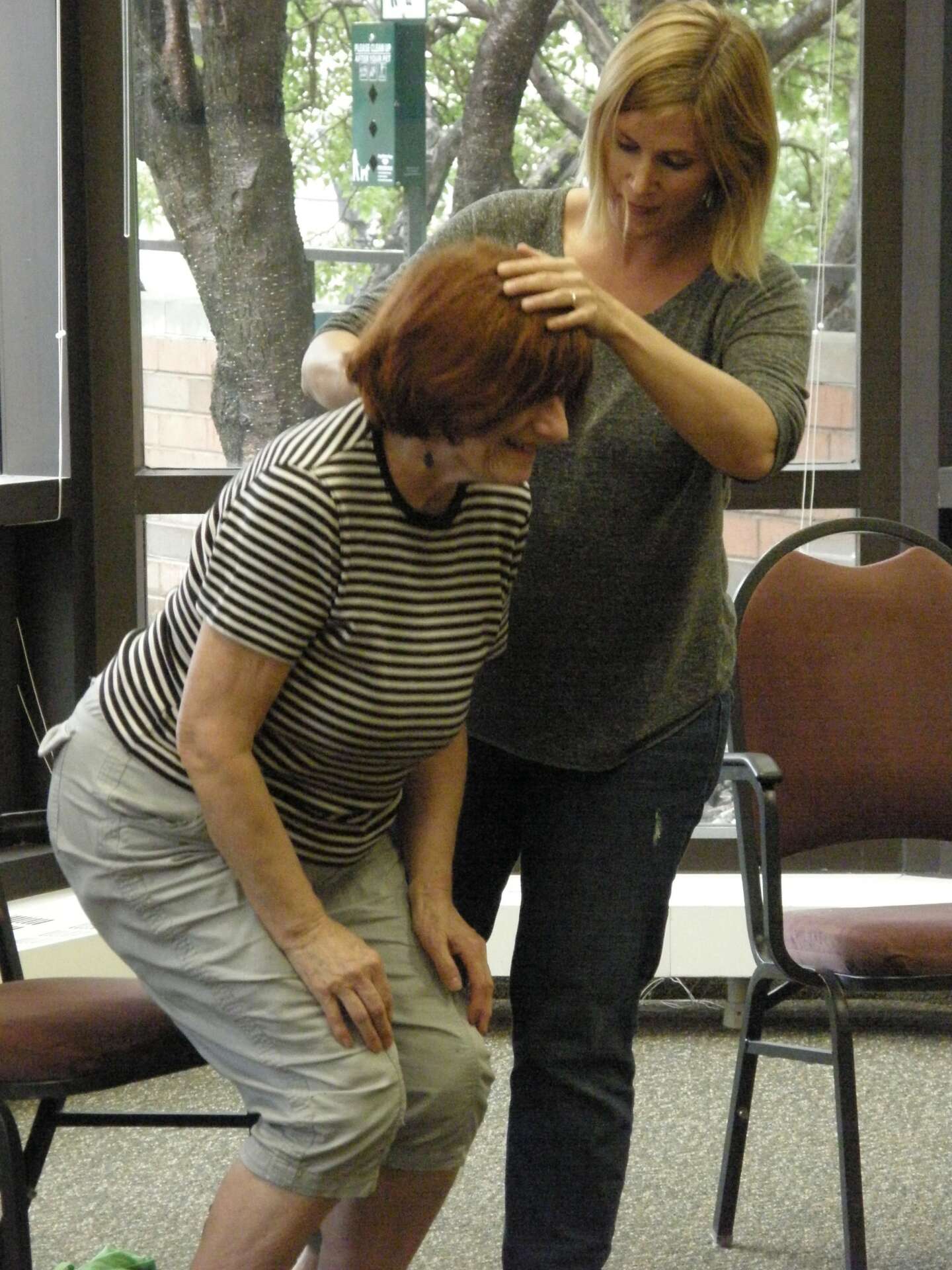
Can you tell us about a time you’ve had to pivot?
When I became a mom, everything else stopped. I didn’t know how to do, being a mom, period, much less with the things I did before that. And I would panic that this was all that I was now. That this was only how I was considered. And I wouldn’t be able to find a way to be considered anything else ever again. But slowly and surely, work came to me thankfully, through my friends and connections. Theatre came to me in a most unexpected way. A friend reached out and asked if I was available to teach it. I said yes, and figured it out. It was only a couple of days during one week so I found a sitter and did it. Before that I was able to teach the Alexander Technique to a Senior Living facility but that was on Saturdays, when my partner was home. Working in the middle of the week, during the day, being away from my kiddos, was scary and hard. But after I did it that one time, it became easier. Now, because my work is piecemeal, I’m in and out all the time. It’s still hard when there are weeks when I’m gone more than I’m home but all of us know, I always come back. That helps, to know, that when I am home, it will be quality time.
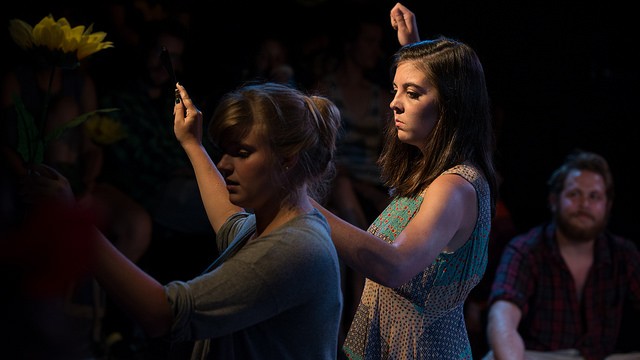
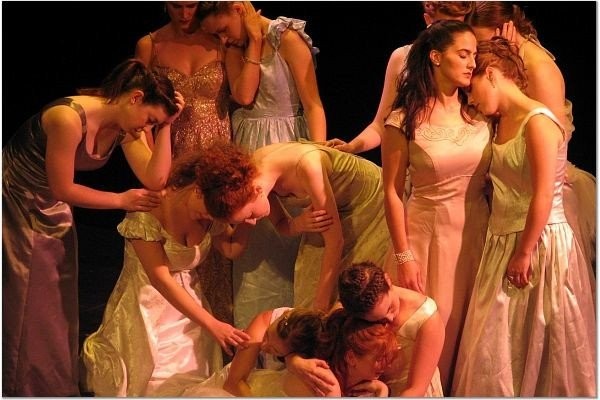
Contact Info:
- Website: elisibley.com
- Facebook: https://www.facebook.com/search/top?q=eli%20sibley
- Linkedin: https://www.linkedin.com/in/eli-sibley-4038346/
- Youtube: https://www.youtube.com/@EliSibley


